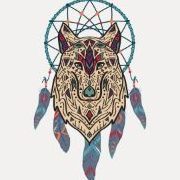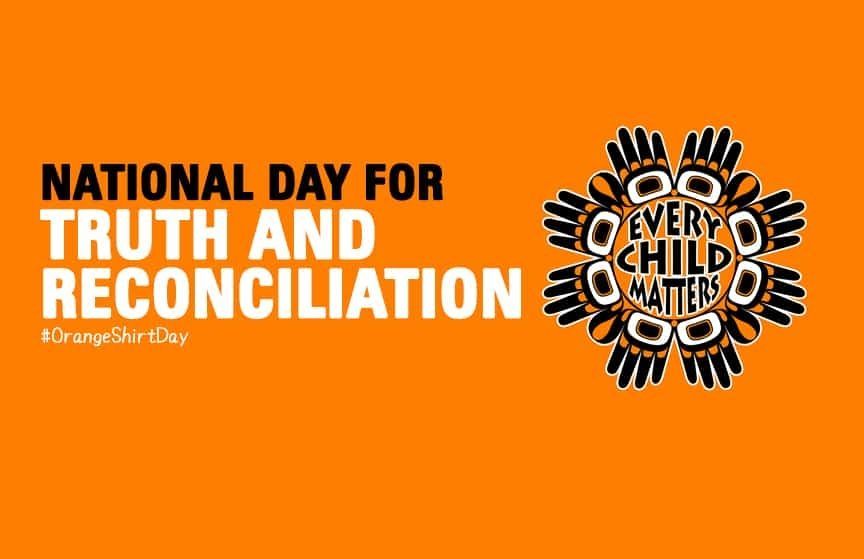-
Posts
5,896 -
Joined
-
Last visited
-
Days Won
4
Everything posted by Ghostdog
-
i read a lot of other threads and unless i have anything to add ill post in it
-
i really was looking forward to having your spleen
-
last
-
this christians book Well I was sittin' in a coffee shop, just havin' a cup to pass the time Swappin' Bible stories with this old pastor friend of mine When some unbelivers started snickerin' in a corner nook and started pokin' fun at my friend's book One ole boy said "hey priest, tell us about the Lord" My friend just put his head down low, but they couldn't be ignored Then one fella said, "I think I'll rip that book out of you hands instead" That's when my friend turned around, and this is what he said: There'll be a great darkness that covers the big ole sky See the every ocean and the Euphrates run dry The earths foundations will be shook Long before you take this christians book Now pardner, this book is where my line gets drawn It used to be my daddy's, but last year he passed on My nephew gave me this cover with my name Abraham, But back in '99 he went to be with the great I Am Now the eagle feather was given to me by this indigious friend of mine I'm the one who taught him how walk that straight line And a real special lady gave me this here pin Given the chance I'd marry her again There'll be a great darkness that covers the big ole sky See the every ocean and the Euphrates run dry The earths foundations will be shook Long before you take this christians book Now if your leather jacket means to you what this book means to me Then I guess we understand each other, and we'll just let it be You still think it's funny, but if it's trouble that you seek If you touch my book well the Lord said to turn only one cheek Well, right then I caught a little sadness in that unbeliever's eyes, And he turned back towards the others and they all just sorta shuffled on outside But when my friend turned back towards me, I caught glimpse of where his halo had been Well I sure learned a lesson on how to deal with mockers without having to sin There'll be a great darkness that covers the big ole sky See the every ocean and the Euphrates run dry The earths foundations will be shook Long before you take this christians book
-
did not see jadey saying last
-
i forsee enoob trying to get the last in this thread
-
i may have found a isp that isnt to expencive and they dont charge to get set up. i plan on going with them when i get paid on thursday and i was told that if i look on fb marketplace some ppl post a referance code and i get a month free and they get a month free as well.
-
i wont be around as much. the place where i rent from the landlord got his internet hacked and some things got stolen from his garage as the cameras are tied into the internet. the theives requested the internet get shut off then when it was, they came in and stole some of his tools. so he doesnt know who did it and when he gets things back up and running, he wont be giving out the new wifi password. ill try to get ont when i can but i got to walk an hour to get to the nearest library. im trying to think of some solutions but everything i think of cost me more money than i got to spend for the month.
-
i want to play this game! ...,,,....
-
i dont think paul did it this way Lord it's the same old tune, fiddle and guitar Where can I take it from here? From the start we've come so far It's been over 25 years I can see the change Somebody told me when I started these rewites Son you finally got it made Old Paul found his voice, we're all sure that you will But I don't think Paul done it this way, no I don't think Paul done it this way, okay Eight years doing rewrites, this wasn't my plan Using my life to show them Your ways Lord tell me one more time just so I'll understand Are You sure Paul done it this way? Did old Paul really do it this way? Lord I've shown the world the power of Your hand Chipped away bad side of me Turning messages into songs, one of his now and then But I don't think Paul done 'em this way, no I don't think Paul done 'em this way, take me home
-
the bible doesnt say a lion will lay down with a lamb it says a wolf will: isaiah 11:6 “The wolf also shall dwell with the lamb noah didnt have ppl mocking him when he was building the ark so where did these ideas come from?
-

National Day for Truth and Reconciliation
Ghostdog replied to Ghostdog's topic in General Discussion
i pray that one day the american goverment will acknowledge the harm they did to their indigious people. i pray that indigious people will come to trust the church and not see it as something hurtful. -
Mama told me when I was young "Come sit beside me, my only son Hear my words, let them guide your days, They'll bring you back if you’ve gone astray. Oh, take your time, don't pray too fast Troubles will come but they won't last You'll find a woman and I hope you find love And don't forget, son, there is grace from above" "And be a faithful Christian man, Dive deep in His word, make it your plan. Oh, be a faithful Christian man, Will you promise me this, son, if you can?" "If you stand for truth and be bold God's blessings will come to you tenfold And you can do this, oh baby, if you live right My prayer for you, my son, is to walk in His light" "And be a faithful Christian man, Dive deep in His word, make it your plan. Oh, be a faithful Christian man, Will you promise me this, son, if you can?" Oh, yes, I will "Boy, don't you worry, you'll see for yourself Follow the Lord and nothing else And you can do this, oh baby, if you live right My prayer for you, my son, is to walk in His light" "And be a faithful Christian man, Dive deep in His word, make it your plan. Oh, be a faithful Christian man, Will you promise me this, son, if you can?" "And be a faithful Christian man, Dive deep in His word, make it your plan. Oh, be a faithful Christian man, Will you promise me this, son, if you can?"
-
- 1
-

-

Anouncement : Worthy Chat online gathering
Ghostdog replied to just_abc's topic in General Discussion
enoob would probably try to the last person to reply anyway -
did you know that we might not have the KJV if it werent for william tyndale? he translated the bible into english from latin and was later killed for it
-
teenage muntant ninja turtles 1990
-
i saw a story about a state that is making teachers teach the bible in schools. do you think this is a good idea?
-
i do remember my dreams most of the time. some dreams are good some scary and some i wake up from sad. ive even dreamed of things that will happen to me in the future.
-
did you know that the big bang theory came from a priest? his name was Georges Lemaître and he came up with Lemaître's theory that was later called the big bang theory by Fred Hoyle.
-
he has pretty funny skits as well. he is one of the people i watched when i was goin thru depression his messages really helped me
- 1 reply
-
- 1
-

-
this question came from me thunking about a content creator named the vegan teacher. in her vidoes she wants everyone to be vegan and if youre not then your a horrible person. i get that she doesnt represent all vegans just like i dont represtent all christianity. but it made me think of how ive shared the gospel. im a little more gentler about it now then in my younger days where it was you HAVE to be a christian or else type of mentality.
-
i was thinking the other day about how some groups try and force the things they believe on other ppl and how those ppl push back usually and i wondered if i ever done the same thing with christianity. it made me pause for a sec







